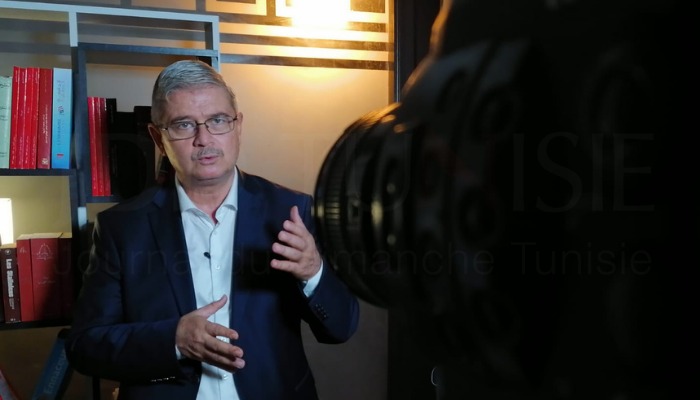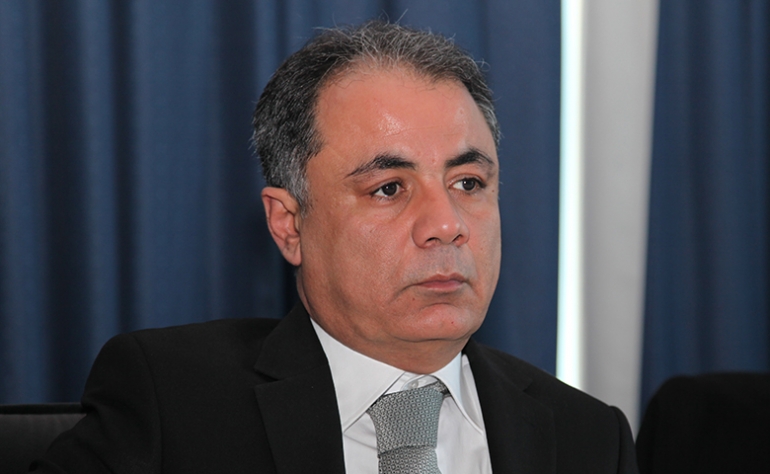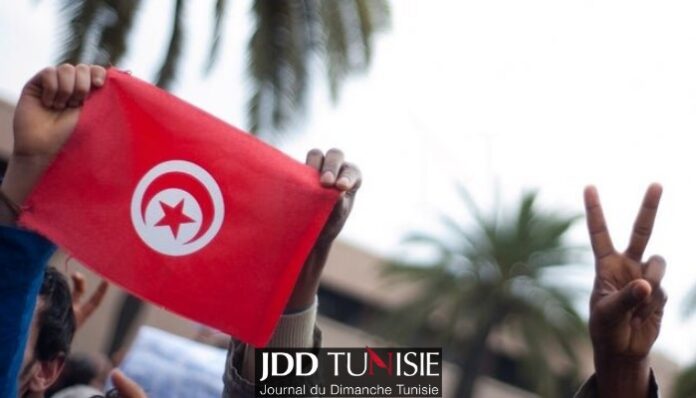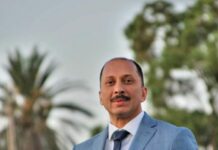“The people want” is a slogan that Kais Saied has repeated since his victory in the 2019 presidential elections, and in the recent period, this slogan has become the source of legitimacy for the fateful decisions taken by the President of the Republic in the country.
But, it is worth mentioning that, the Tunisian street was divided following these measures between rejecting and supporting the decisions of the head of state.
Does Said’s will express the will of the people? And what do the Tunisian people want?
To respond to those questions, “JDD Tunisie” contacted the political activist and former parliamentarian, Sahbi Ben Fraj.
He considered that the President of the Republic, Kais Saied, limited the will of the people to political, legal and constitutional problems, and neglected the material and daily matters of citizens.
“Quite simply, I think that this people’s dreams are simple, the Tunisian people want to work, they want to achieve themselves by improving their standard of living, they want the right to health, they want comfortable transportation, they want a practical and fast public administration, they want a modern state,” Ben Fraj said.

The former parliamentarian added that “Perhaps on the political level, the people want real democracy, a democracy that represents them.. different from the class that has ruled since 2011 until today, and at the level of the bodies that represent it in the state, it conveys the people’s problems in an honest manner without corruption and referral, and it works to fulfill its political promises.”
Sahbani: In the context of populism Saied repeats “The people want”
As for the sociology professor Abd Sattar Sahbani, he reported during the elections of 2019 that many political elites considered the Tunisian people as “naive people,” meaning that the people are unable to think and make the right choice, especially at the level of choosing their representative in power.
Sahbani said in his statement to “JDD_Tunisie”, that this term was repeated during the tenure of the President of the Republic.
However, the concept of “the people want” is not correct because it raises the question of what does it want? In Tunisia, there is not “people” but a group of peoples

In the context of the recent division witnessed by the Tunisian street, the sociologist suggested that this dispersion and division is mainly due to the shortcomings of the political elites in the country, because it is assumed that each political party reflects one of the needs of this people, by setting up a realistic and political program that expresses a group of citizens, In light of the failure of the political class to fulfill its role, Kais Saied appeared in the name of populism to say, “The people want.”
Jouili : A meaningless slogan
Mohamed Jouili, a sociologist, said that the concept of “the people want” is a meaningless slogan.
He explained that saying :”First, the people cannot be defined because it is a gelatinous word, since the people are social groups, political and scientific elites, and it is a wide social variety.
“In Tunisia, we still haven’t decided what the people want,” Jouili explained. There is no consensus about determining the will of Tunisians, for example, the difference that occurred over the actions of Kais Saied, between citizens and political elites.
According to the same source, it is not possible to determine what the Tunisian people want…but any people in different countries of the world, whose residents want a good political and economic situation, the people want to live in decent conditions at all levels”

Since July 25, Tunisia has been facing political, social and economic changes, which some have classified as exceptional and historical, and some consider them dangerous and threatening to the modern democracy that the country has witnessed since 2011.
But it is worth noting that, everyone agreed that the will of the people is different and there is no return to the one opinion and one position that perpetuates the principle of dictatorship.











